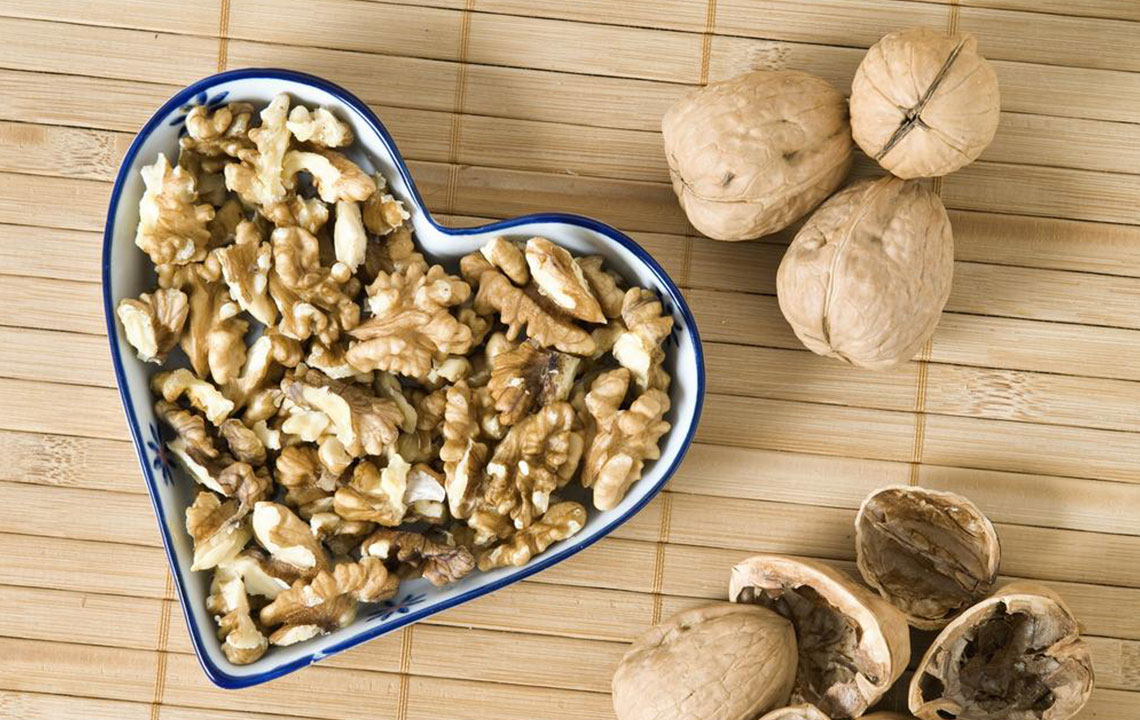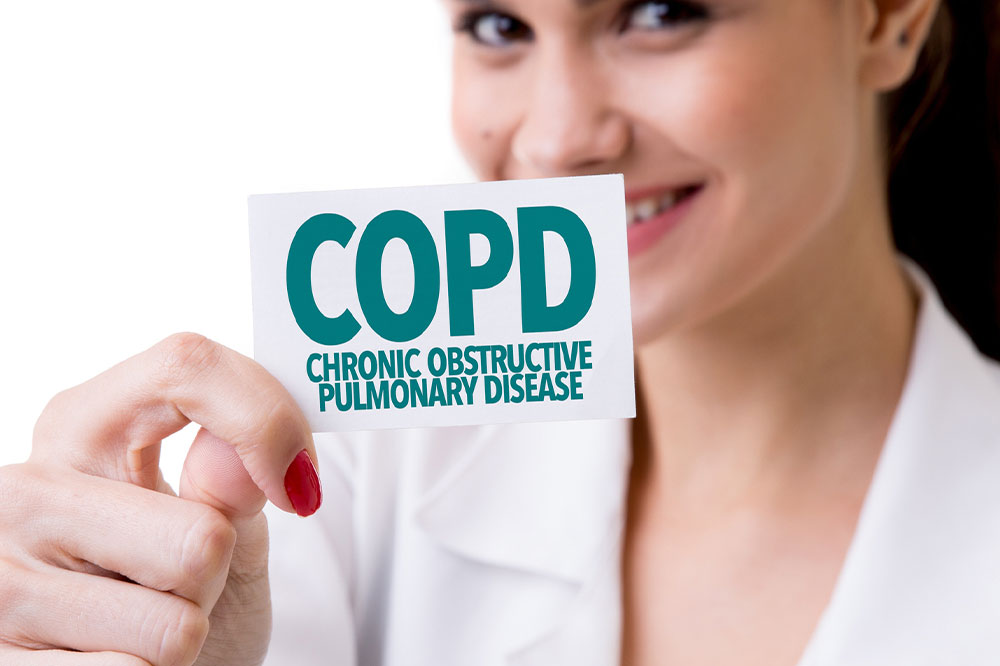Natural Strategies and Alternatives for Managing COPD
Discover effective natural and alternative methods to manage COPD, including lifestyle changes, breathing techniques, dietary tips, and herbal remedies like eucalyptus oil. These strategies complement medical treatment and can help reduce symptoms, prevent flare-ups, and improve lung health naturally. Consult with your healthcare provider before making significant changes or trying new remedies for safe and effective management of COPD.
Sponsored

Chronic obstructive pulmonary disease (COPD) ranks as the third leading cause of death in the United States. It results from lung inflammation that hampers airflow, leading to breathing difficulties. While medications like Spiriva are commonly prescribed as bronchodilators, they may cause side effects and are unsuitable for some patients, such as those with glaucoma or enlarged prostate. Fortunately, there are alternative approaches that can be discussed with healthcare providers. Additionally, lifestyle and dietary modifications can help manage symptoms and reduce flare-ups effectively.
These alternatives include simple home remedies and lifestyle changes that support lung health and stability. Implementing these methods can help ease symptoms and prevent sudden exacerbations. Consider the following tips:
Quit smoking: Discontinue all forms of smoking, including vaporizers and e-cigarettes, for a natural improvement in lung health.
Enhance breathing techniques: Practices such as pursed-lip and diaphragmatic breathing, recommended by respiratory specialists, can boost oxygen levels and reduce shortness of breath.
Eat a balanced diet: Focus on vegetables, fruits, omega-rich fish, chia seeds, and flaxseeds to provide essential nutrients, vitamins, and fiber.
Stay hydrated: Drinking at least eight glasses of water daily helps thin mucus in airways, easing coughing and improving breathing.
Use eucalyptus oil: The compound cineole in eucalyptus can help decrease exacerbations, improve lung function, and ease dyspnea, according to clinical studies.






